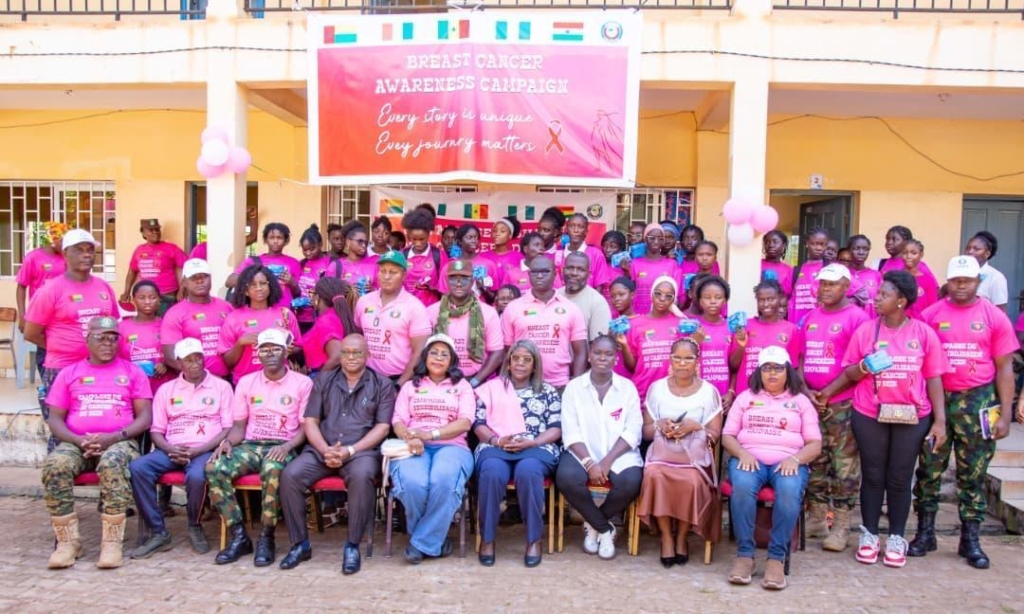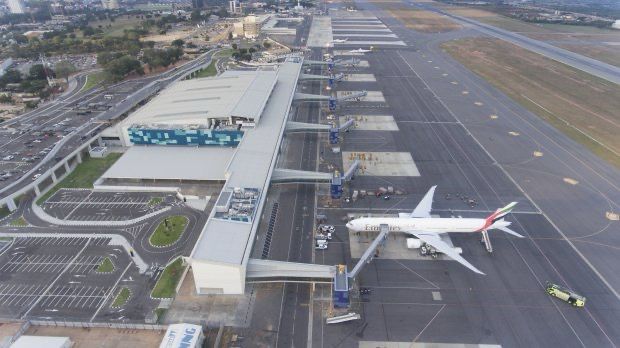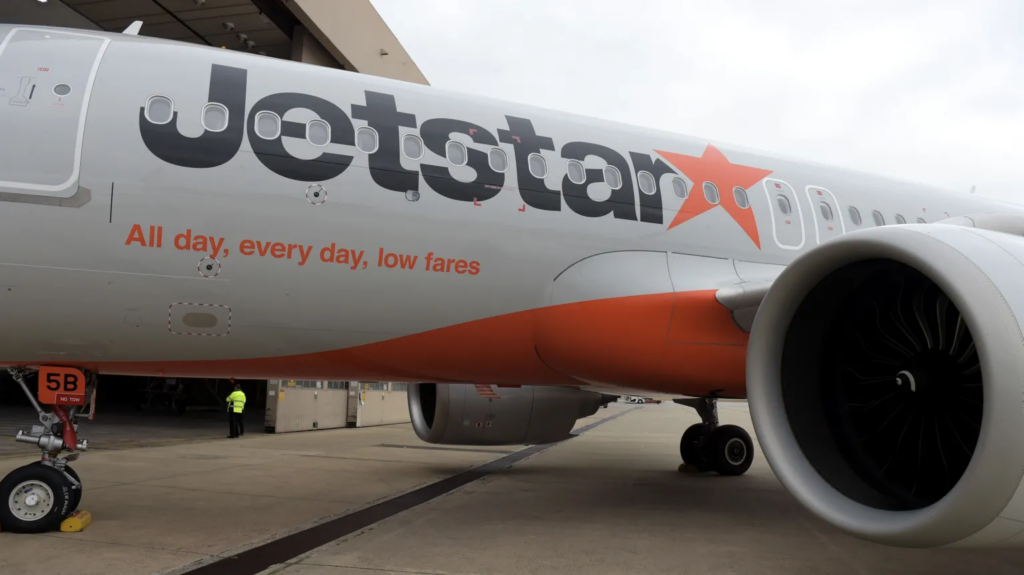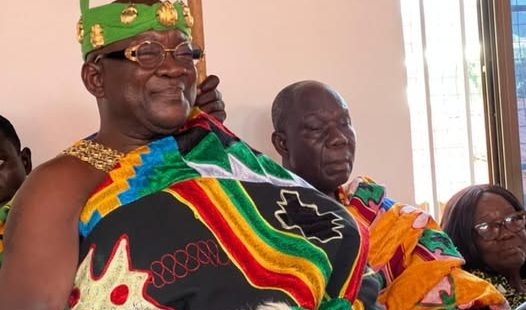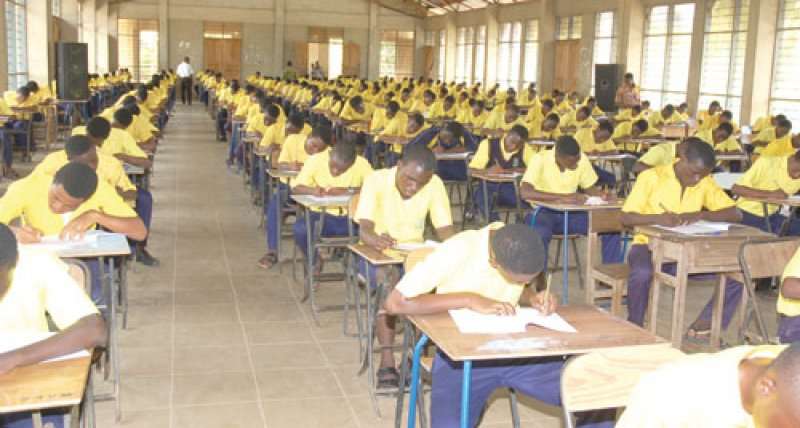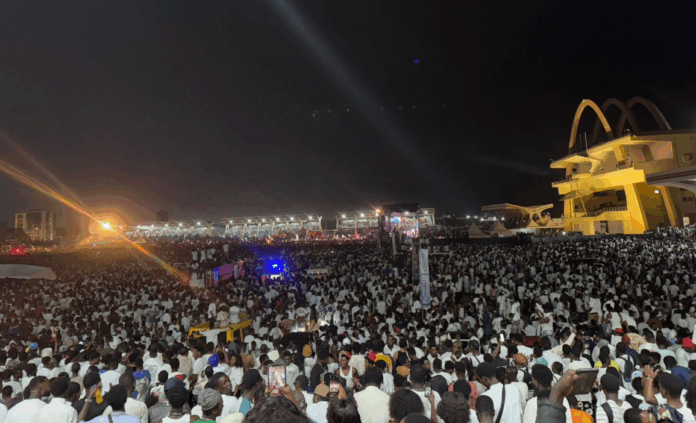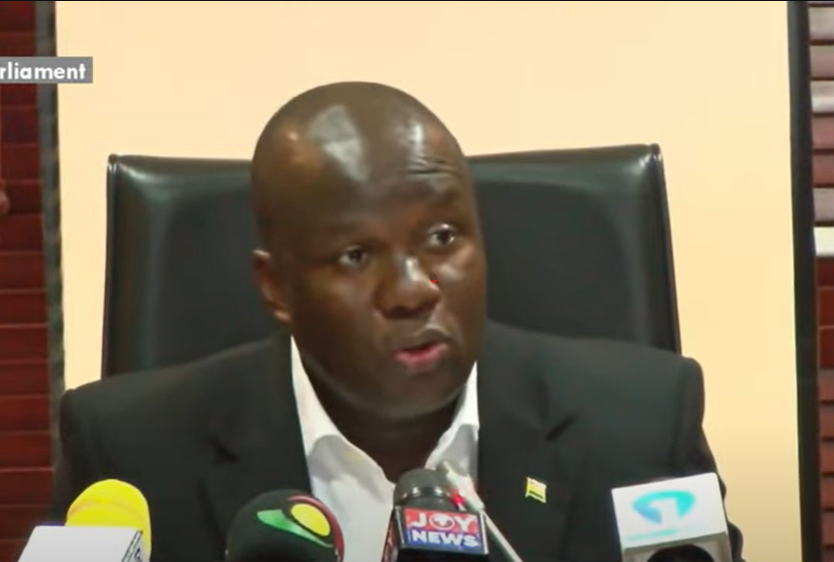In the heart of Ghana’s growing aviation landscape stands Kotoka International Airport (KIA), a symbol of the nation’s journey through history and progress.
KIA has received honours due to its excellence in service quality and passenger experience. It was named the Best Airport by Size and Region (2-5 million passengers per year) in Africa by Airports Council International in the 2021 Airport Service Quality (ASQ) Awards, having previously won in the same category in 2019 and 2020.
Originally built as a military airbase during World War II, KIA has transformed over the decades into one of West Africa’s busiest airports.
However, despite its modern facilities and strategic position, Ghana still lacks a national airline—a gap that has persisted for nearly two decades.
KIA’s story dates back to the early 1940s when it served as a crucial airbase for British and Allied forces. Following Ghana’s independence in 1957, the airbase was converted into a civilian airport and named Accra International Airport. In 1969, it was renamed in honor of Lieutenant General Emmanuel Kwasi Kotoka, the military officer who played a role in Ghana’s first coup d’état.
Over the years, Kotoka International Airport (KIA) has undergone significant expansion. It now features three terminals, including the state-of-the-art Terminal 3, completed in 2018, which serves as the primary hub for international flights. With a 3,403-meter runway, KIA can accommodate some of the world’s largest aircraft, including the Boeing 747 and Airbus A380. Notably, it has also hosted the Antonov AN-225 Mriya, the largest aircraft ever built.
In 2023, KIA welcomed the U.S. Air Force 2 during the historic visit of U.S. Vice President Kamala Harris to Ghana.
The airport handles approximately 5 million passengers annually, cementing its status as a major hub in the region.
The Struggle of a National Airline
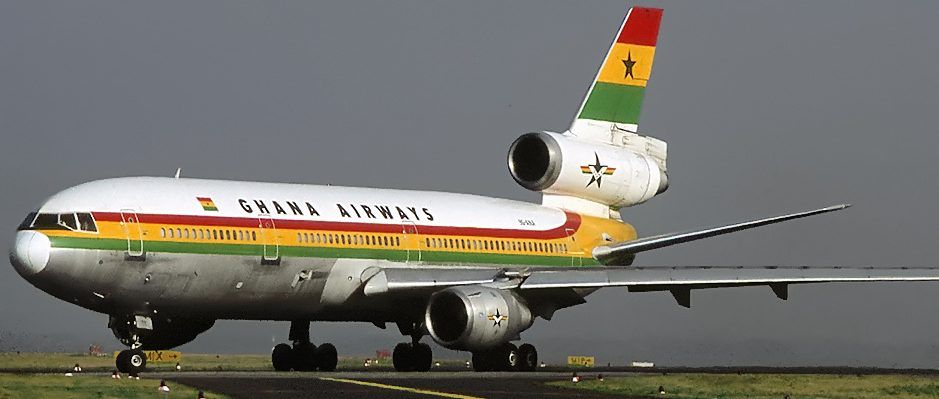
Despite Ghana’s investment in a world-class airport, the absence of a national airline remains a significant gap in its aviation industry. Ghana Airways, established in 1958 as the country’s flag carrier, was initially a partnership between the Government of Ghana (60%) and British Overseas Airways Corporation (BOAC) (40%).
In 2002, the airline faced a severe financial crisis that weakened its staff strength and competitiveness. Much of its troubles stemmed from its earlier decision to become fully independent by purchasing BOAC’s 40% stake. This move, however, led to operational and financial difficulties, including issues with its Boeing fleet after the cancellation of an agreement with BOAC.
The crisis deepened when BOAC, seeking to recover an outstanding £4 million debt, obtained a legal injunction that resulted in the seizure of La Dante DC-10, one of Ghana Airways’ aircraft, at Heathrow Airport according to reports by The Guardian and The Telegraph.
The situation worsened when a £4 million lawsuit from British Overseas Airways Corporation (BOAC) led to one of its aircraft being seized in London.
The aircraft was finally brought home and was turned into a restaurant serving up to 118 people in the Capital. Even as a restaurant, it didn’t survive — The La Tante DC-10 Restaurant was shut down in 2023.
In an attempt to revive the airline, Ghana International Airlines was launched in 2005 as a public-private partnership. However, it too faced financial difficulties and ceased operations in 2010, leaving the country without a national flag carrier.
Unfulfilled Plans for Revival
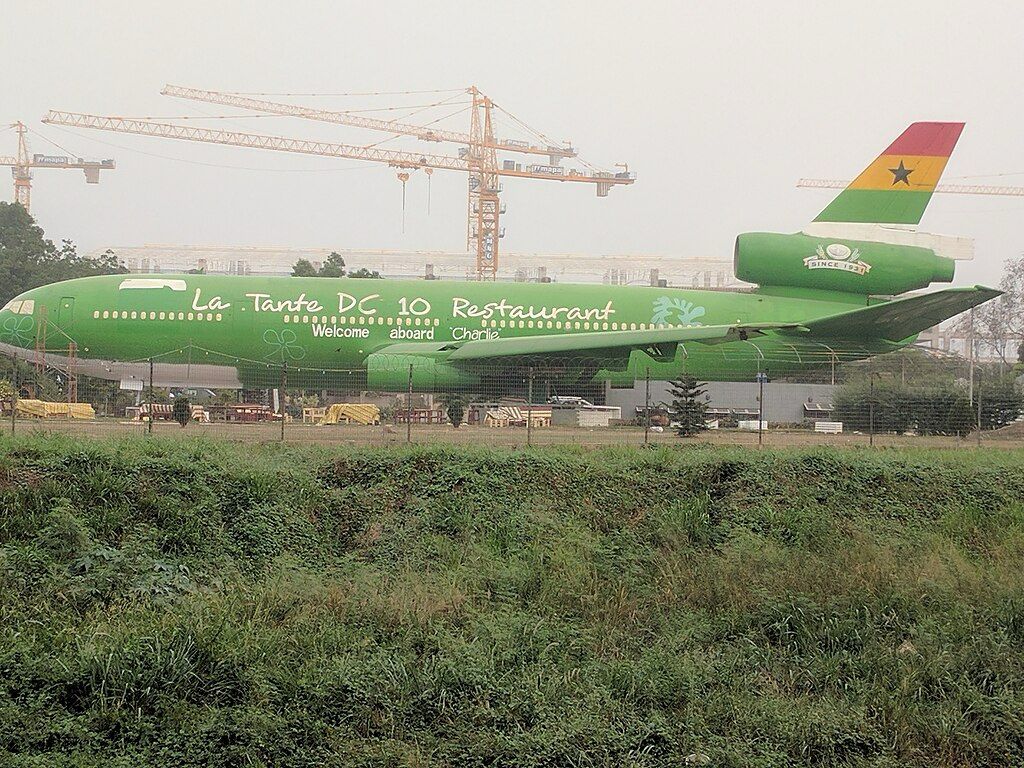
Over the years, multiple efforts to re-establish a national airline have stalled. In 2019, the government led by former President Nana Addo Dankwa Akufo-Addo signed a Memorandum of Understanding (MoU) with Boeing to acquire three 787-9 Dreamliners at a cost of US$877.5 million at the Dubai Air Show, with EgyptAir along in partnering on the project. However, these plans have yet to materialize.
Despite these setbacks, Ghana’s aviation sector continues to thrive, with KIA serving as the gateway to the country. Airlines such as British Airways, Emirates, Delta, Qatar, Kenyan and Ethiopian Airlines operate frequent flights to and from Accra, connecting Ghana to major destinations worldwide.
As Ghana celebrates its heritage during Ghana Month, the question remains: will the country ever reclaim its national airline? While private airlines operate domestically and regionally, a national carrier could serve as a symbol of pride and economic opportunity.
For now, Kotoka International Airport remains a testament to Ghana’s aviation history—modern, busy, and globally connected, yet missing a crucial piece of its identity.
DISCLAIMER: The Views, Comments, Opinions, Contributions and Statements made by Readers and Contributors on this platform do not necessarily represent the views or policy of Multimedia Group Limited.

